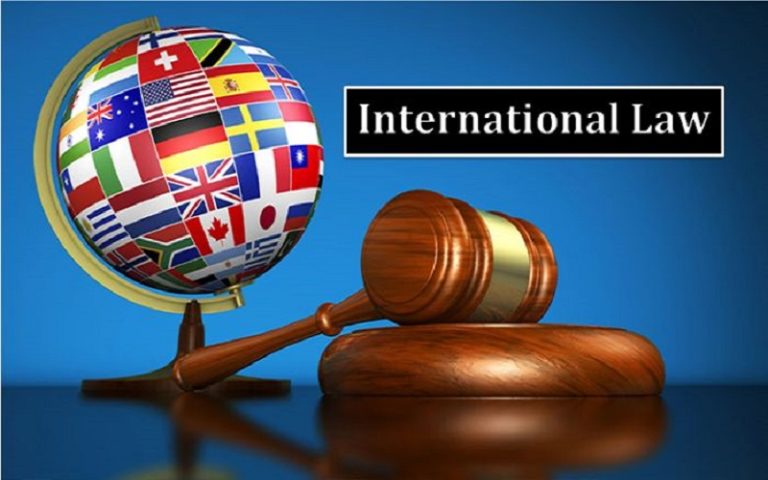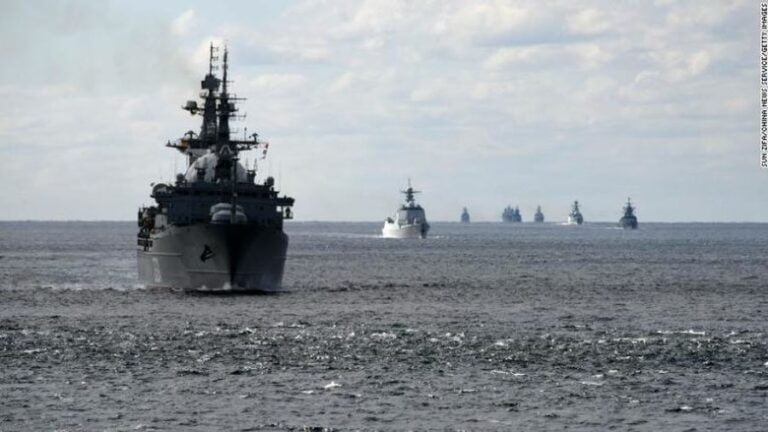Pakistan’s Unease about Military Alliance Veers on Farce
A reluctant member of the Islamic Military Alliance to Fight Terrorism, Islamabad has showered mockery on its new commander – who happens to be one of its own
The Saudi-led Islamic Military Alliance to Fight Terrorism (IMAFT) is a subject on which Pakistan has blown hot and cold. It has neither been keen to fully join the 39-nation coalition nor prepared to remain entirely aloof from it.
IMAFT was formed at the end of 2015. Mohammed bin Salman – Saudi Arabia’s crown prince and Defence Minister – declared its aim was to fight terrorism in Iraq, Syria, Libya, Egypt and Afghanistan. “There will be international coordination with major powers and international organizations in terms of operations in Syria and Iraq,” he explained. Nations in its embrace included Egypt, Turkey, Malaysia, Muslim countries in Africa and, in the Gulf, Qatar and the United Arab Emirates but neither Iran nor Iraq, both of which have Shiite majorities. In fact, without Shiite representation, its character seemed decidedly sectarian.
Pakistan seems to have committed to the alliance half-heartedly, knowing it was joining something of a “Sunni alliance” that would put it at odds with its neighbour, Iran, and ramp up the tension in the region – a fear that seems to have been borne out after India, Iran and Afghanistan, all on the sidelines of IMAFT, last year signed a strategic agreement centered on Chabahar Port, in Souther Iran.
Such was Islamabad’s hesitancy, indeed, that when bin Salman announced its involvement, many in Pakistan were taken by surprise. The country’s civilian and military leadership alike initially refrained from denying or confirming the development, before the country’s then-Foreign Secretary, Aizaz Ahmad Chaudhry, professed total ignorance about Pakistani involvement. “The ambassador in Riyadh was asked to get clarification from Saudi Arabia,” he told journalists. Another senior official said Pakistan had not been consulted about its inclusion in the alliance.
By and by, and under pressure from Saudi Arabia, Pakistan reluctantly confirmed it had joined the coalition, but with the reservation that its participation would be dependent on sufficient information-sharing about the coalition’s activities from Riyadh.
The first test of that uneasy relationship came with the IMAFT’s decision to appoint Pakistan’s former army chief, General (Retd) Raheel Sharif, as its commander. The Pakistani government had not ratified the posting when it was announced and, even now, with Sharif about to assume his new role this month, its misgivings are on record. Some have even warned that he risks losing his good reputation at home, and he has endured public mockery from across the political spectrum in Pakistan, and from Shiite religious leaders, for accepting the offer.
So far, the only response from General Raheel’s camp has been to insist that he will make efforts to bring Iran into the fold of the alliance. However, without the full backing of his own country, he is likely to have his work cut out from the beginning.
By F.M. Shakil
Source: Asia Times







